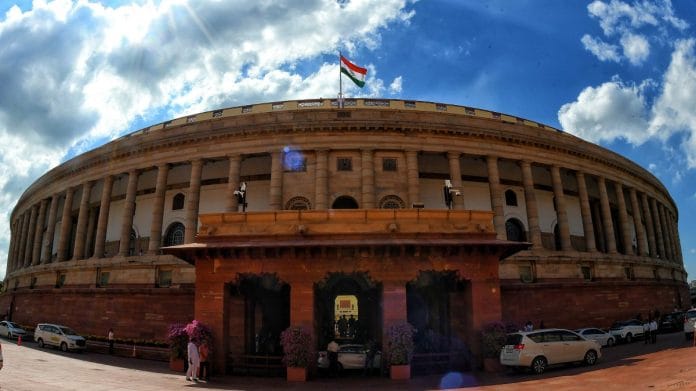Thank you dear subscribers, we are overwhelmed with your response.
Your Turn is a unique section from ThePrint featuring points of view from its subscribers. If you are a subscriber, have a point of view, please send it to us. If not, do subscribe here: https://englishdev.theprint.in/subscribe/
The current party who is governing the country has put this issue in public arena but
without any formal draft.
How we are going to discuss and debate the subject without having a rough copy in
our hand, it is going to be vague and rudderless.
The aspects that are covered in the given matter are very personal and so specific to
communities or particular social segment that in one go to make them adopt the
uniform practices in the matter of marriage, divorce, succession, and adoption is not
at all going to be smooth.
On the contrary it is going to be violent and obscene process.
Are you going to exempt the North East, Schedule Tribes (throughout the country),
the matriarchal society in Kerala and who else.
I know about Adivasi’s (Schedule Tribes), they are having their own rituals and
customs and to make them adopt the practices that are different or totally alien it
would be near impossible.
The matter of marriage, divorce, succession, and adoption are very sensitive in
nature and to make them uniform abruptly with a single law is not at all feasible and
practicable.
In fact, the social consensus must be built up over a period and make various social
strata’s ready before one can even think of bringing such a law which is core to the
human existence.
It is not only about All India Muslim Personal Law Board (AIMPLB) but about the
entire Bharat or India.
Those political parties who are in favour of UCC must work amongst various
segments of society intimately and thorough bed before trying to achieve such kind
of thing in a country as diverse as India.
As per the 2018 Law Commission report the country was not ready at that time and
few months back in 2023 new law commission has tabled its report but it is not yet
made public.
If it is a Uniform Civil Code then it must be same for every community with minimal
deviations or unavoidable one but if we are going to provide exceptions and
exemptions to many communities or social segment or caste or religion or region
then it will lose its basic essence.
Anyway, lot of problems our country is facing and the last thing we want is to scratch
the personal matters.
In discussing the complexities of the Uniform Civil Code, it is essential to consider various perspectives, including those of younger generations. For instance, the views of teenagers on the Uniform Civil Code of Uttarakhand highlight the need for a balanced approach that respects diverse cultural practices while striving for equality.
These pieces are being published as they have been received – they have not been edited/fact-checked by ThePrint.


